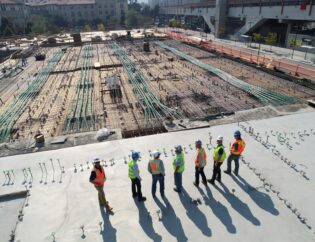
Apprenticeship programs in federally-funded construction projects are an ideal way to start your career in the construction industry. Any working profession, including construction, can benefit from an apprenticeship as a kind of craft training.
Apprentices get to train with experienced professionals and learn various related skills such as carpentry, masonry, repairs, plumbing, welding, and other civil works. In addition to learning a variety of related skills, apprentices also get to be employed full-time and gain industry-specific qualifications and academic training. Although they are paid less than permanent workers, apprentices may also be eligible for some benefits.
As much as apprenticeship programs are considered to be a valued entry route into the industry, is it worth having apprentices on Davis-Bacon Act projects?
The answer to that is “it depends”. It depends on how involved your complete team is in the process, including accountants, job site supervisors, project managers, project engineers, and the apprentices and journey people themselves. If not, you should probably avoid having apprentices on the job site. There are conditions that must be met in order to pay an apprentice less than a journeyperson. You will now compensate such apprentices as journey people through restitution if you don't comply with those obligations.
The primary purpose of getting apprentices is to help people gain knowledge and experience, and increase industry proficiency. Additionally, they could provide extra help at the work site. However, it is still crucial to determine whether obtaining one is beneficial or indeed necessary for a given project. Otherwise, it would only increase the project's ongoing costs.











